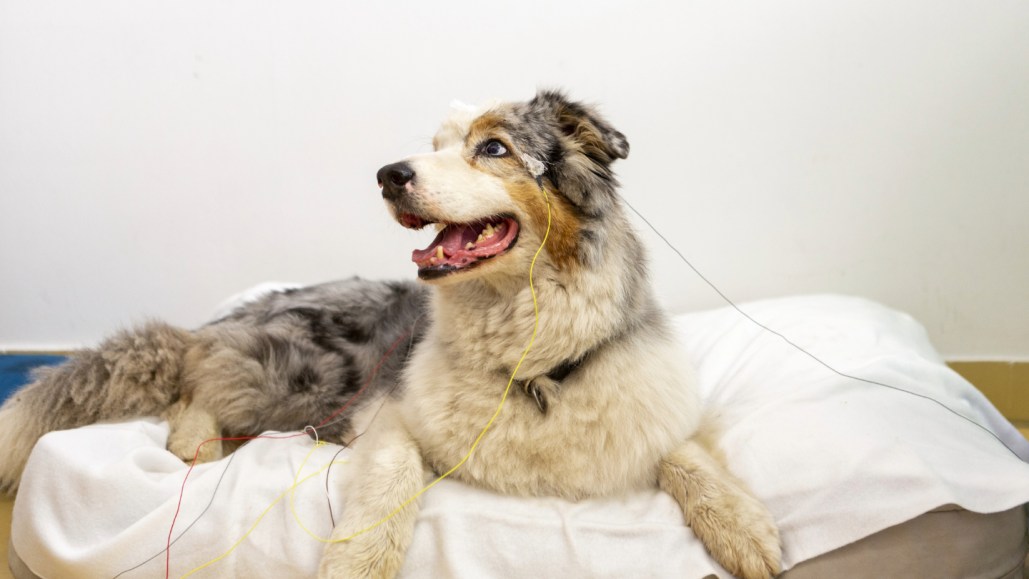Dogs Can Recognize Words of Their Favorite Toys

Dogs appear to be more knowledgeable than they may outwardly reveal. It has been observed that pet dogs' brains exhibit neural indications of surprise when their owners present them with an unexpected toy. The discoveries, made public on March 22 in Current Biology, propose that dogs form mental representations of items.
Ellen Lau, a neuroscientist at the University of Maryland in College Park, opines that anyone who has shared significant interactions with a dog will not find it surprising that canines comprehend that human speech often refers to certain familiar objects. Some people, she acknowledges, may tend to consider this as a type of basic, almost instinctive response to the sound of a particular word. She is in favor of accumulating tangible evidence such as this to challenge such notions.
It should be noted that dogs possess varying abilities for language comprehension. For instance, Chaser, a notably advanced border collie, could identify more than 1,000 toys by name. On the other hand, neuroscientist and zoologist Marianna Boros at Eötvös Loránd University in Budapest and her team have been investigating average, less obedient dogs that are not as cooperative or interested in performing targeted tasks.
For the study, the team worked with 27 pet dogs (and their owners), including various breeds such as toy poodles, Akitas, Labradors, and several mixed breeds. After inviting the owners to bring five familiar toys to the lab, they attached electrodes to the dogs' heads and instructed the dogs to simply remain awake on a comfortable mat.
At intervals, the dogs would listen to recordings of their owner's voice saying phrases like "Kun-Kun, look, the ball!". An electronic window through which the dogs’ owners could be seen holding a toy would suddenly become transparent. At times, the revealed toy was the one that had been mentioned, while sometimes, it was a different toy.
The electrodes recorded brain activity during these proceedings, and they detected a more pronounced signal whenever the dogs encountered a surprising object. This signal, the researchers theorize, represents surprise and indicates that the dog had already formed an idea of the mentioned object and expected to see it. This signal was particularly strong when the subjects heard familiar words.
A similar surprise signal, termed the N400 effect, is present in humans. It happens in the brain when something sudden or unexpected occurs. According to Lau, several human studies have examined the N400 effect, but such a signal had not been identified in dogs until now.
Boros considers the detection of a surprise signal in dogs' brains as not particularly surprising. Scientists had already discovered hints about how dogs comprehend meaningful words, but these findings contribute to a greater understanding of dogs' cognitive lives. "We can say that they passively know the words," she suggests, "They understand more than they manifest."




